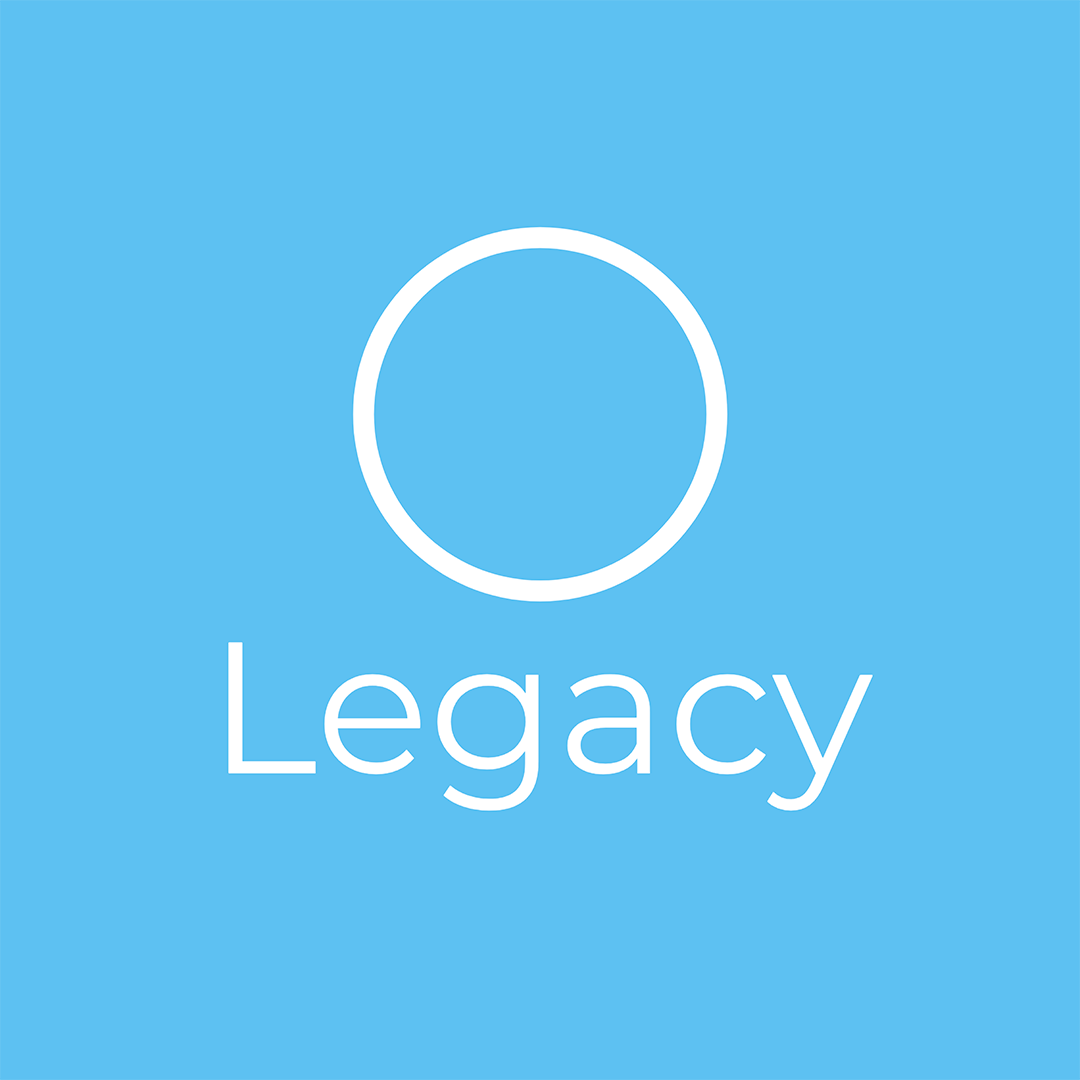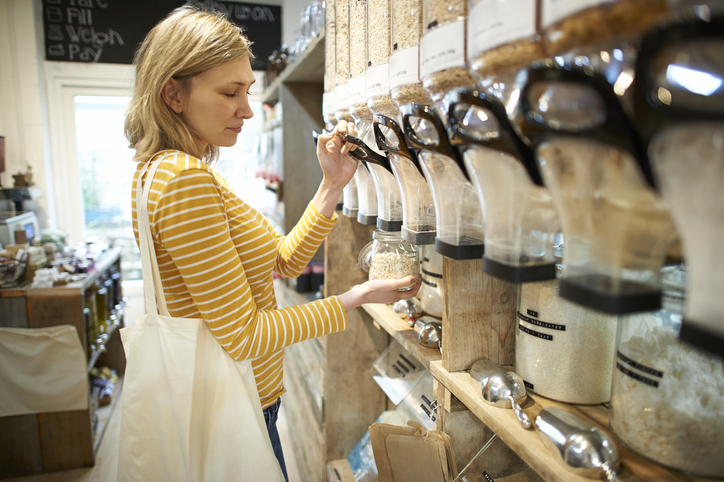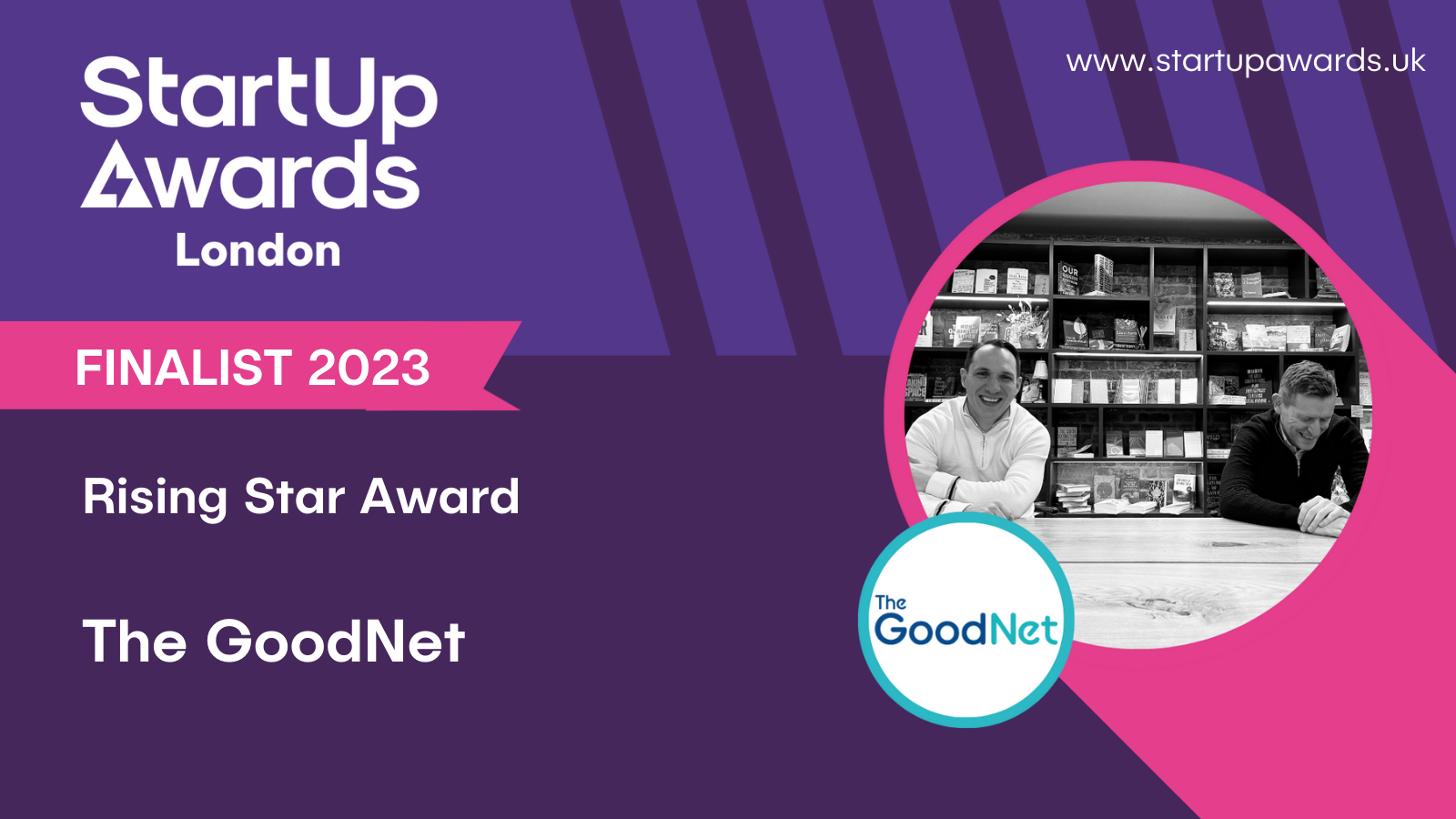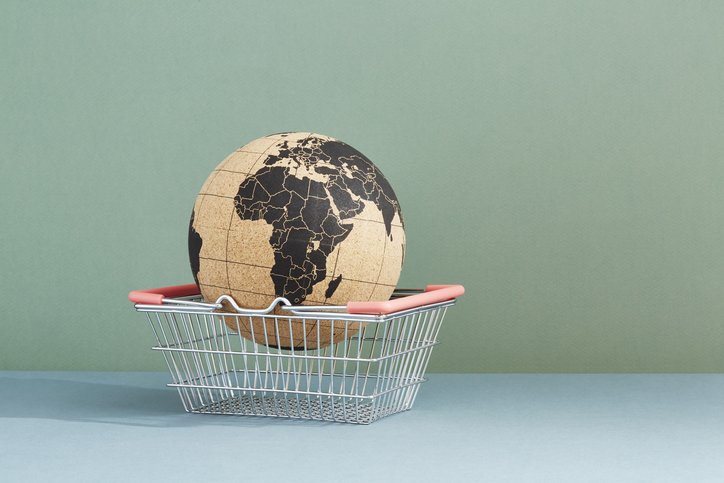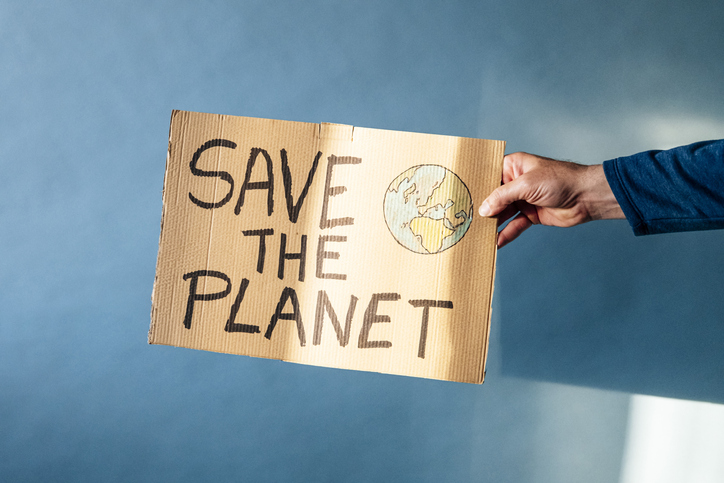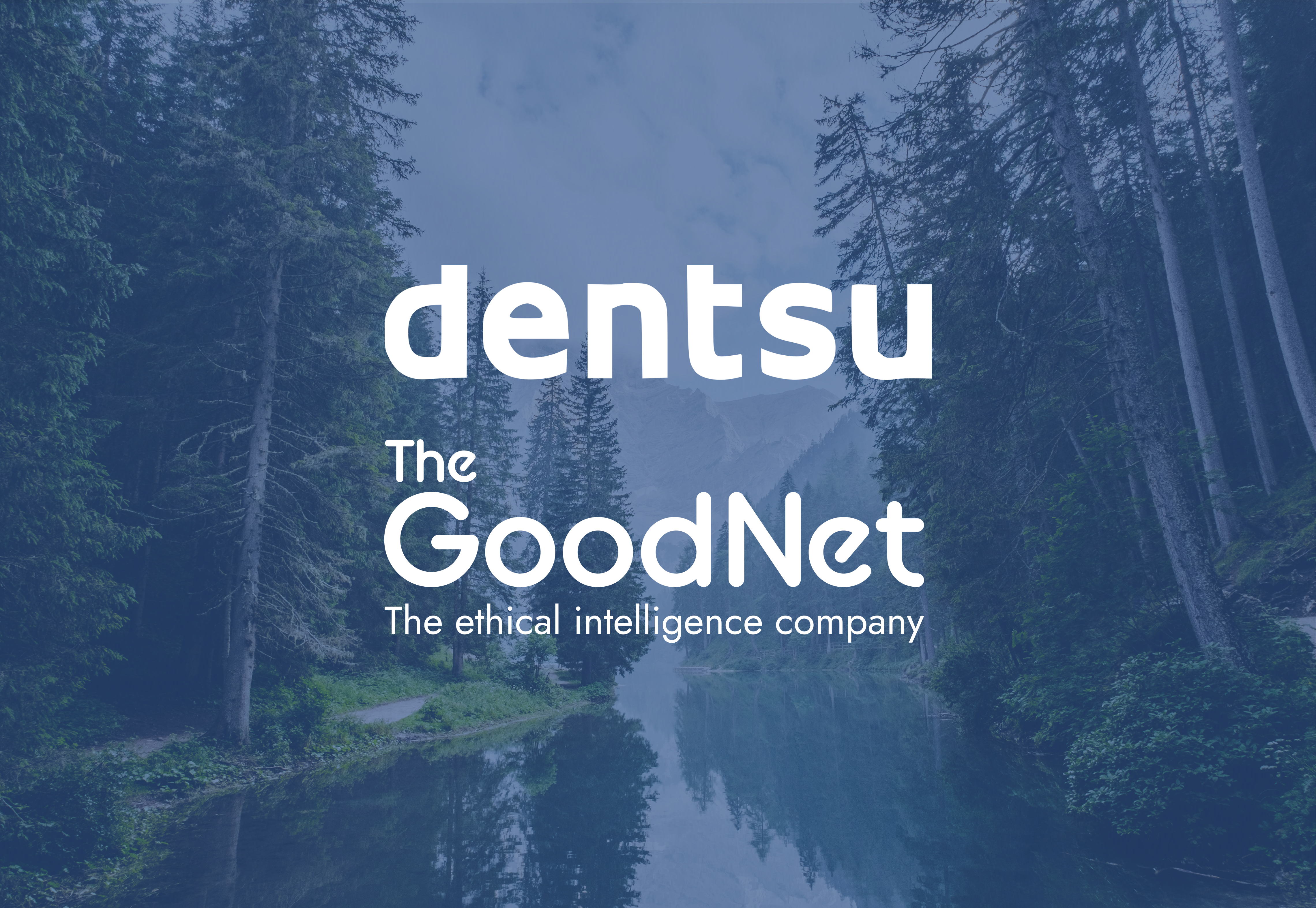
Dentsu has partnered with the Thee GoodNet – the ethical media and intelligence company – to launch a new Ethical Media Index (EMI) in the UK, enabling brands to plan and measure the ethical performance of their digital campaigns.
Dentsu research has found that almost 80% of marketers believe that in a world where economic volatility is accelerated and exacerbated by climate volatility, there is no longer any disconnect between what is good for society and what is good for business. As a result, brands are increasingly focusing on sustainable and ethical media investment.
However, there are barriers across education, standards and resources that need to be overcome to achieve progress. The Ethical Media Index helps brands tackle these challenges, enabling the measurement of ethical and sustainability metrics at scale for digital advertising campaigns.
The Index uses over 50 data points across content, placement, corporate reporting and DEI to assign scores to the world’s largest ad-funded publisher domains. This provides a wide perspective of ethical performance, which brands can measure and optimise their digital advertising against to achieve their sustainability and DEI goals.
This is the latest tool dentsu can offer clients to help clients drive more ethical media campaigns, sitting alongside its existing solutions such as a cross-channel media carbon calculator, offering further support to brands wishing to deliver against sustainability KPIs. The Index is initially being rolled out in the UK, before being taken to global markets later in 2024.
“At dentsu, we are steadfast in our commitment to sustainability in our media investments,” said Steven Ballinger, Chief Commercial Officer UK&I at dentsu. “We want to empower our clients to deliver work that matches their values and sustainability commitments. Our investment in the Ethical Media Index reflects our dedication to sustainable, ethical and responsible media practices, setting a new standard in the industry. It aligns with dentsu’s broader ambitions to embrace ‘Sanpo Yoshi’ – a profound Japanese principle that achieves three-way satisfaction by pursuing actions that benefit not only business but also people and society. Getting this right means creating truly sustainable, legacy businesses, that can drive value for future generations.”
Oliver Deane, co-Founder at The GoodNet added: “Dentsu has been instrumental in helping shape the Ethical Media Index towards specific client needs. It is leading the market in adopting the product, exemplifying its heightened dedication to ethical practices. It recognises the significance of the Ethical Media Index score as a pivotal metric, integral to its assessment of media investments’ performance and impact. This underscores their unwavering commitment to a more responsible and sustainable media landscape.”
Dentsu is committed to helping its clients navigate disruption and build a more sustainable and inclusive society. Through its strategic partnerships with the Global Alliance of Responsible Media (GARM), Conscious Advertising Network (CAN) and Responsible Media Forum, dentsu is taking a proactive role to tackle the challenges facing the media industry, including reducing misinformation, eliminating harmful content online, and highlighting the conscious choices advertisers can make.






